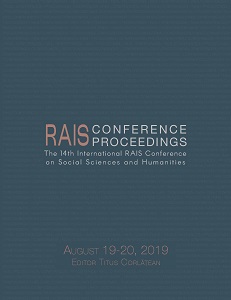Forensic Examination of Soil Samples from the Point of View of Physico-Chemical Expertise
Forensic Examination of Soil Samples from the Point of View of Physico-Chemical Expertise
Author(s): Georgiana Mardare (Balusescu), Nicoleta-Elena Heghes
Subject(s): Criminology
Published by: Scientia Moralitas Research Institute
Keywords: chromatography; forensic expertise; samples; spectrometry; trace soil;
Summary/Abstract: The potential of forensic expertise in the analysis of soil samples has been recognized for a century now, but over the last 20 years, these types of evidence have been much more widely used both as an investigative tool and as evidence in court. Forensic Chemistry is at the crossroads of science with the law, being a discipline apart from its applicability to the judiciary. Samples are obtained from various objects and often contain only very small amounts of chemicals. Most of the time, the sample harvested on the spot is no longer sampled, but it is actually the sample to be analyzed. This is also the condition of aggregation of the sample, the homogeneity of the sample/matrix or the compounds sought. Sometimes, however, even the evidence can be considered chemically homogeneous, and then representative samples (paints, textiles, plastics, etc.) can be sampled. The rest of the materials are heterogeneous (soil, building materials, fire residues, etc.). The extremely rapid evolution of science in recent years has resulted in the development of new, powerful and performing technologies. This evolution and the refinement of analytical tools make it possible at present to perform forensic investigations at the smallest scale of dimensions, with greater sensitivity and with great differentiation intervals. At the same time it is possible to discover unpredictable or previously inaccessible samples.
Book: Proceedings of the 14th International RAIS Conference on Social Sciences and Humanities
- Page Range: 95-99
- Page Count: 5
- Publication Year: 2019
- Language: English
- Content File-PDF

